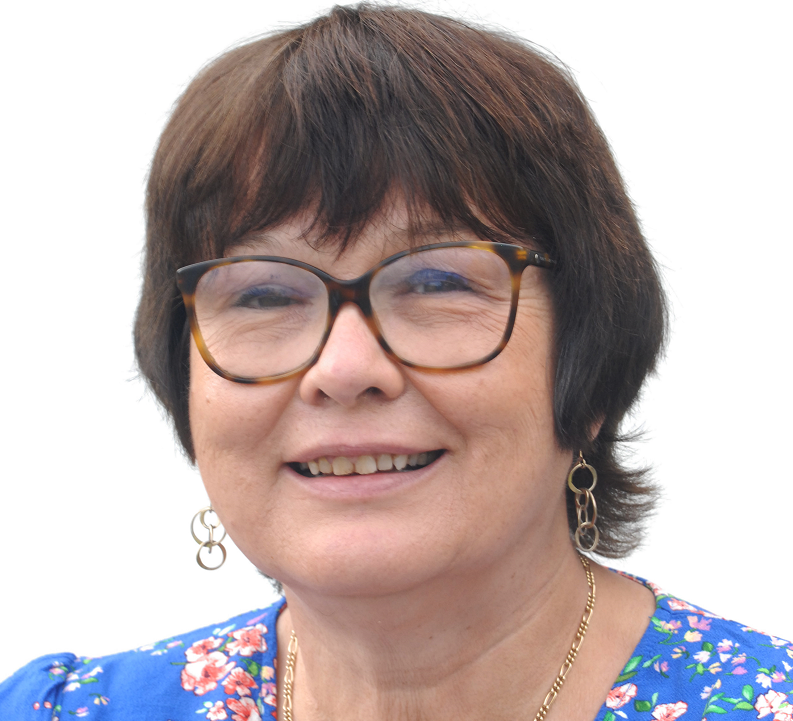 By Professor Claire Anderson, RPS President
By Professor Claire Anderson, RPS President
I was proud to represent RPS at the recent International Pharmaceutical Federation (FIP) Congress, which this year took place in Brisbane, Australia. FIP represents 154 organisations, academic institutions, and individuals - that’s over four million pharmacists and pharmaceutical scientists around the world. Fortunately, not all of them were in attendance!
My first duty after arriving was attending the Friday evening dinner: meeting, catching up, and networking with many other attendees.
Key decisions and policy statements: FIP council meeting highlights
The next morning the meeting of the FIP Council began, which took up all of Saturday and half of Sunday, too, chaired by Australia’s Paul Sinclair, who had just begun his term as FIP president.
The Council adopted a new policy statement on Environmental sustainability within pharmacy, which I welcomed and spoke about, noting how it affected everyone and that we all had a part to play. Other statements included:
• The role of pharmacy in life-course vaccination
• The role of pharmacists in disaster and emergency management
We also adopted two further policy statements on the strategic development of medicines information for the benefit of patients and users of medicines and mitigating antimicrobial resistance through antimicrobial stewardship. These will be published shortly.
The meeting saw a proposal to reshape FIPEd (education) as a third board within FIP, with a similar structure as the Boards of Pharmaceutical Science and Pharmaceutical Practice. We got the go-ahead to scope work for this. Secretary to FIPEd is the UK’s Dr Naoko Arakawa from the University of Nottingham, and Dr Rebecka Isaksson from UCL, UK, was ratified as FIP’s scientific secretary by the Board of Pharmaceutical Sciences.
The FIP Bureau compiled motions based on the work of several council task and finish groups, and these were discussed and voted on during the council meeting (I had attended and contributed to a number of these earlier this year).
FIP membership structure and voting policies: future plans and considerations
Next, it was agreed, following discussion and votes, that FIP will continue with its mission to advance pharmacy worldwide. There will continue to be a place for members in countries, across regions and globally, and FIP will grow membership through recruitment and retention. The existing voting model will remain, and we will continue to review the feasibility of proportionate voting, based on transparency and fairness, in order to address concerns from both large and small organisations alike.
Allied and observer organisations will have no vote at Council, and all boards and sections of FIP will continue to vote as now. FIP will work with member organisations, including RPS, to establish bespoke benefits for all the organisation’s members. It was decided that the definition of an individual member of FIP would remain unchanged.
FIP is committed to keeping membership fees as sustainable as possible, and to requiring nations and member organisations to disclose numbers to encourage transparency and openness.
There was discussion of pharmacy technician membership, which will be the subject of a new working group.
FIP annual conference highlights: opening ceremony and recognition of achievements
On Sunday afternoon, after the Council had finished its business, the opening ceremony was held, beginning with an ancient smoking ceremony and acknowledgment of the land we were on. It was a ceremony tinged with sadness, as we remembered the life and work of FIP’s former president, the late Dominique Jordan. At the ceremony, new President Paul Sinclair placed a strong emphasis on the importance of effective action on climate change, and how this was everyone’s priority. This is one of our major workstreams at RPS, so Paul’s words really resonated with me. He also called for governments and payers to invest in our workforce.
Next, Professor Dai John from Cardiff University, received a Fellowship for his tireless work as vice president of the FIP Academic Section, and a number of esteemed colleagues were honoured with awards and FIP fellowships, too.
Exploring innovations in pharmacy practice and networking opportunities
The next morning, a busy programme of conference presentations began. My first contribution, to a packed 8am session, was “2026 – the year when all pharmacists who qualify in Great Britain will be independent prescribers.” There’s a lot of interest globally in what is happening in the UK. My second talk was on the RPS Mentoring Scheme, which also attracted a lot of interest, as there appears to be nothing quite like it anywhere else.
Afterwards, I met with The Commonwealth Pharmacists Association, the Pharmaceutical Society of Australia, and a group of different organisations that represent pharmacy in Ghana - including some international members of RPS.
At a dinner for the Community Pharmacy Section, I met with representatives of other member organisations, including the US, India, Canada, and Uruguay. The FIP Fellow’s dinner was also a great networking opportunity.
Global collaborations and future endeavours
The next venue for FIP is Cape Town, South Africa, from 1-5th September 2024, when the theme will be “Innovating for the future of health care”.
Read more RPS blogs.